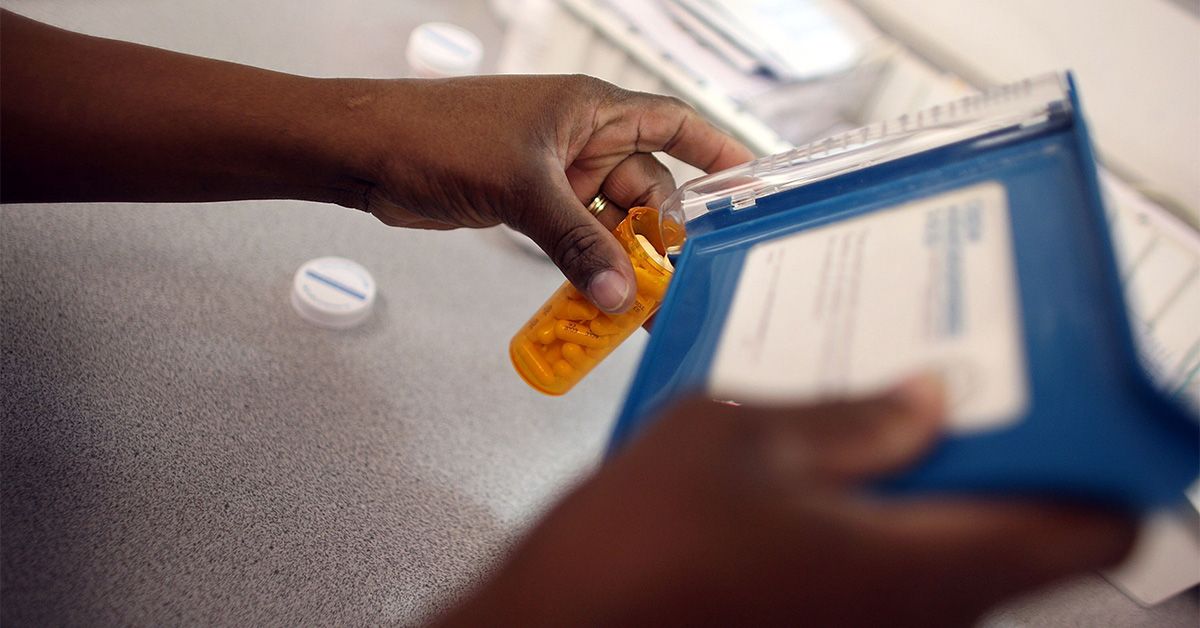In 2019, around 4.9 million people worldwide were diagnosed with inflammatory bowel disease (IBD). IBD is a chronic condition for which there is currently no cure, and its exact cause remains unknown. However, a recent study conducted by researchers from Bar-Ilan University in Israel suggests that antibiotics may play a role in damaging the protective mucus layer of the gut, potentially increasing the risk of developing IBD. The study, published in ScienceAdvances, utilized a mouse model of IBD to investigate the impact of various antibiotics on the gut’s mucus barrier. The findings revealed that antibiotics such as ampicillin, metronidazole, neomycin, and vancomycin could compromise the mucus layer, allowing bacteria to penetrate the intestinal wall and potentially triggering inflammation characteristic of IBD.
Lead author of the study, Shai Bel, PhD, explained that previous epidemiological studies had already indicated a link between antibiotic use and the risk of IBD development. Bel and his team used advanced techniques such as RNA sequencing, machine learning, and mucus secretion measurement in their study to explore how antibiotics affect the intestines at a cellular level. Surprisingly, the negative impact of antibiotics on the mucus barrier was not attributed to alterations in the gut microbiome, but rather to direct changes in the intestinal wall cells responsible for mucus production. Bel noted that the discovery challenges the common assumption that antibiotics only target bacteria and do not affect human cells. The study sheds new light on the potential role of antibiotics in IBD development and emphasizes the need for more judicious use of these medications.
Pediatric gastroenterologist Harpreet Pall, MD, MBA, CPE, shared his insights on the study, highlighting the significance of understanding how antibiotics can disrupt the protective layer of the gut and lead to inflammation. By identifying risk factors such as antibiotic use, researchers aim to develop prevention strategies and enhance early detection and personalized treatment options for IBD patients. The research could also unveil new treatment targets and contribute to reducing the risk of IBD development in high-risk individuals. Further studies are needed to validate the study’s findings and explore the broader implications of antibiotics on gut health and immune responses.
Board-certified gastroenterologist Ashkan Farhadi, MD, expressed his surprise at the study’s findings, which challenge conventional beliefs about the mechanisms of antibiotics in relation to IBD. While past reports suggested a potential association between antibiotic use and IBD, it was commonly believed that antibiotics affected the gut microbiome, thereby influencing inflammation. However, the recent study demonstrates that antibiotics can impact human cells independently of altering the microbiome, marking a significant discovery in the field of gastroenterology. Farhadi emphasized the need for additional research to confirm the study’s results and determine the broader implications for antibiotic therapy. Overall, the study underscores the importance of reevaluating the use of antibiotics and exploring alternative approaches to prevent and treat inflammatory bowel disease.
In conclusion, the research conducted by Bar-Ilan University offers valuable insights into the potential link between antibiotic use and the risk of developing inflammatory bowel disease. By revealing the direct impact of antibiotics on the protective mucus layer in the gut, the study highlights a previously unrecognized mechanism that may contribute to gut inflammation and IBD pathogenesis. The findings challenge traditional views on antibiotics’ mode of action and emphasize the need for more targeted and evidence-based approaches to antibiotic therapy. Further research is warranted to validate the study’s results and explore the clinical implications for patients with IBD. Ultimately, a better understanding of the relationship between antibiotics and gut health could lead to more effective strategies for managing and preventing inflammatory bowel disease in the future.










